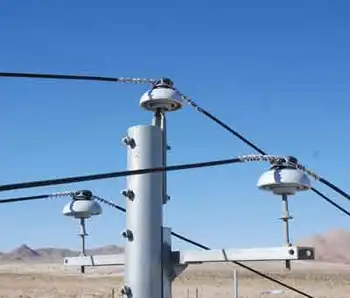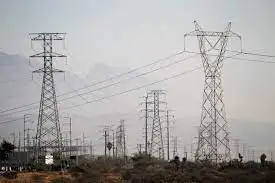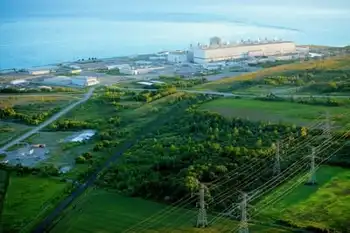Gov's plan to cut mercury emissions fuels criticism: Industry, lawmakers question feasibility and cost of proposal
CHICAGO, ILLINOIS - Lawmakers and industry officials made it clear that Gov. Blagojevich's proposal to drastically reduce mercury emissions from coal-fired power plants is hardly a done deal.
Concerns about the cost and feasibility of Blagojevich's plan - as well as the need for it - were some issues surfacing in the wake of the governor's recent unveiling of tough new controls on mercury, a neurotoxin released into the air that settles in bodies of water, contaminating fish and the people who eat them.
Blagojevich's proposal would force power-plant operators to slash mercury emissions throughout their fleet of coal-fired facilities by an average of 90 percent by June 30, 2009. The governor's plan goes well beyond the U.S. Environmental Protection Agency's requirement, which calls for a 70 percent reduction by 2018.
"Somebody is going to have to explain to me why Illinois is well served by having a separate standard... from the rest of the country," said state Sen. Steve Rauschenberger (R-Elgin), one of 12 lawmakers on the legislative committee that has to approve the proposal. The Illinois Pollution Control Board also must sign off on the plan.
Blagojevich said he was "cautiously optimistic" the legislative committee and the pollution board would support him. He said Illinois needs to join the ranks of Massachusetts, Connecticut and New Jersey in cracking down on mercury emissions because the Bush administration's rules "just don't go far enough."
That's a criticism environmental groups have lobbed at Blagojevich in the past. The Illinois Environmental Council last year gave the governor an "F" for his efforts to clean up the state's 22 coal-fired power plants.
While environmentalists hailed Blagojevich's proposed mercury rules, industry representatives voiced concern about the scope and speed of the plan. They questioned whether existing technology could produce the kind of reductions the governor wants.
A spokesman for Midwest Generation, which operates five coal- fired plants in the Chicago area and one in Pekin, echoed other power companies' worries that the proposal could cause plants to close and electricity bills to rise.
"We would hope this is not the last word," said Midwest's Doug McFarlan, adding that his company plans to make its case before the pollution board and lawmakers.
Illinois EPA Director Doug Scott downplayed industry fears. If electricity rates did increase, Scott said, they shouldn't go up more than 2 percent. He noted that rate hikes are even less likely in northern Illinois, where ComEd customers get most of their power from nuclear sources, not coal.
Related News

Volkswagen's German Plant Closures
BERLIN - Volkswagen (VW), one of the world’s largest automakers, is undergoing a significant transformation with the announcement of plant closures in Germany. As reported by The Guardian, this strategic shift is part of VW’s broader move towards prioritizing electric vehicles (EVs) and adapting to the evolving automotive market. The decision highlights the company’s commitment to sustainability and innovation amid a rapidly changing industry landscape.
Strategic Plant Closures
Volkswagen’s decision to close several of its plants in Germany marks a pivotal moment in the company's history. These closures are part of a broader strategy to streamline operations, reduce costs, and…




